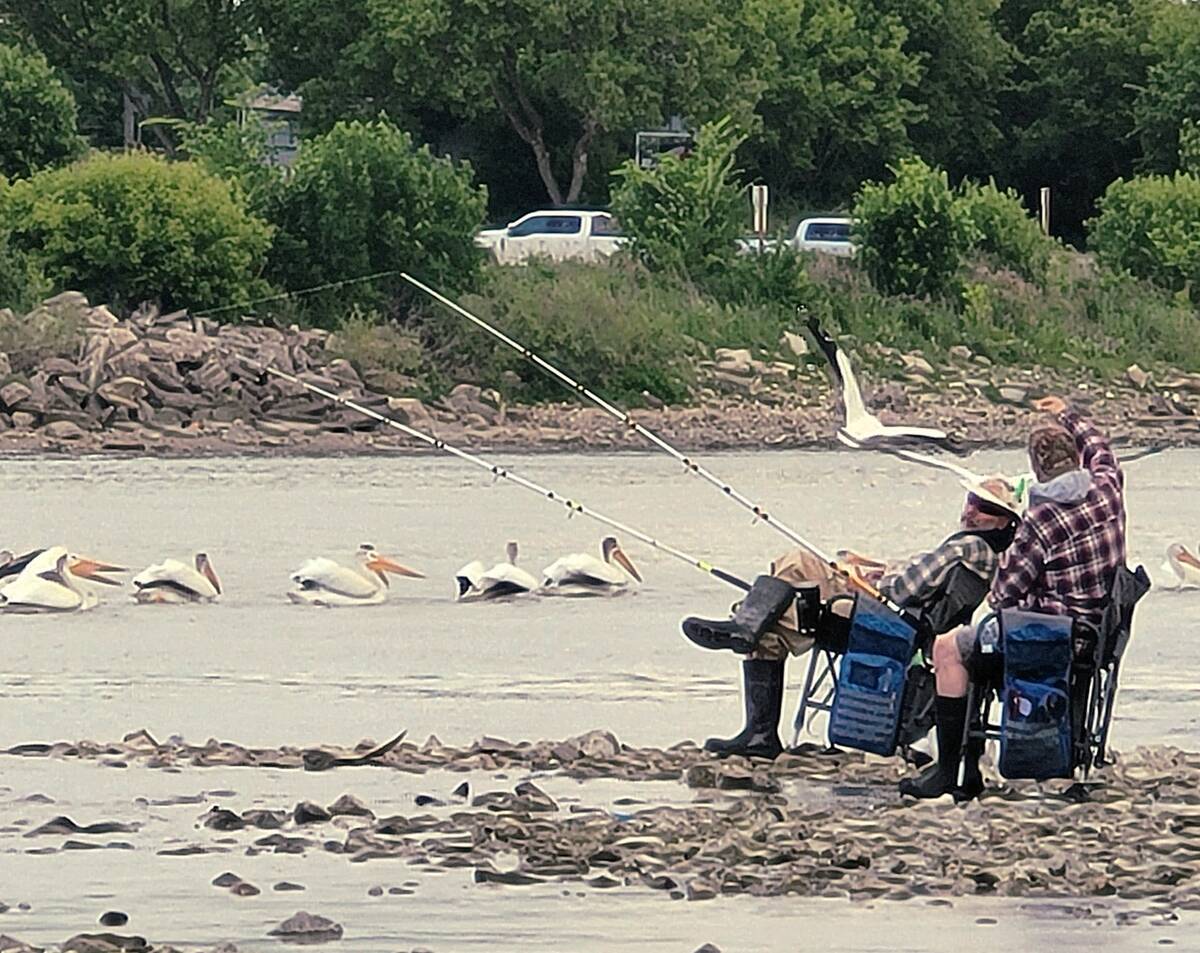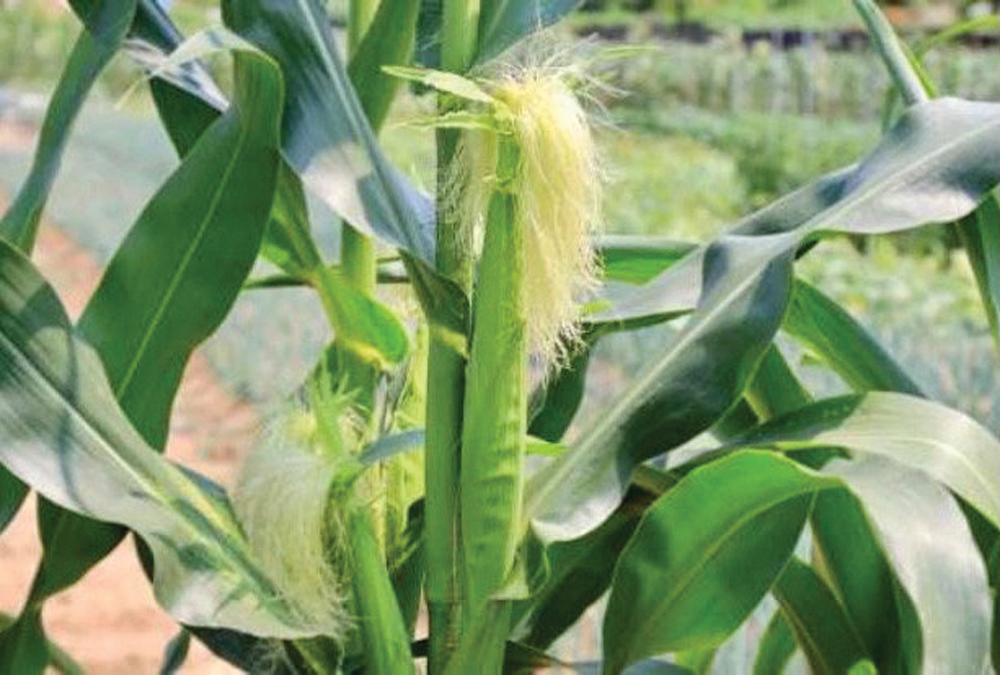Goat producers are being urged to participate in a scrapie prevalence study, part of an effort to rid the country of the disease.
“What we’re trying to do is establish a strategic plan to get producers involved with scrapie eradication in a way that works for producers,” Corlena Patterson, project co-ordinator of Scrapie Canada, said at the recent Alberta Goat Breeders Association conference.
Scrapie affects sheep and goats, and is a type of transmissible spongiform encephalopathy (TSE), also know as prion disease. Other TSEs include BSE in cattle and chronic wasting disease in deer and elk.
Read Also

The joys of fishing from shore
Manitoba has many lake and river shorelines to drop a fishing line without the cost of a boat, making shore fishing more accessible, and anglers can still catch impressive fish.
Part of the challenge in eradicating scrapie in the goat sector is a lack of good statistics on goat operations in Canada and the numbers and types of goats on farms. Scrapie Canada has had a survey done and is now asking goat producers to voluntarily submit obex samples (a portion of the brain) or frozen head samples for the prevalence study.
If scrapie is found, international regulations mean “we have to tell the whole world about it,” said Patterson. But it’s far better to find out this way than have scrapie discovered in an abattoir because there is currently no way to trace the animal back to the farm it came from, she added.
“If you collect a sample from a goat that doesn’t have identification and can’t be traced back to its farm of origin, we have to tell people we found it, but couldn’t do anything about it,” Patterson said.
“This is not a position that the livestock industry as a whole wants to be in.”
The Canadian Food Inspection Agency also has an eradication plan, surveillance program and disease control action, which is not affiliated with Scrapie Canada’s.
Eradicating scrapie in Canada will prevent the destruction of herds, and also import bans. Two-hirds of the countries in the world have a scrapie control program which includes imposing import restrictions to prevent importing scrapie from trading partners, Patterson noted.
Scrapie Canada will cover the cost of obex testing and will offer reimbursements to producers to offset the cost of harvesting samples as long as funds are available. Samples can be sent to the University of Guelph’s animal health lab, the Prairie Diagnostic services lab in Saskatoon or Alberta Agriculture’s TSE lab. Anyone who needs a sample submission form or specifics for submitting samples can contact Patterson at Scrapie Canada at 1-866-534-1302.


















